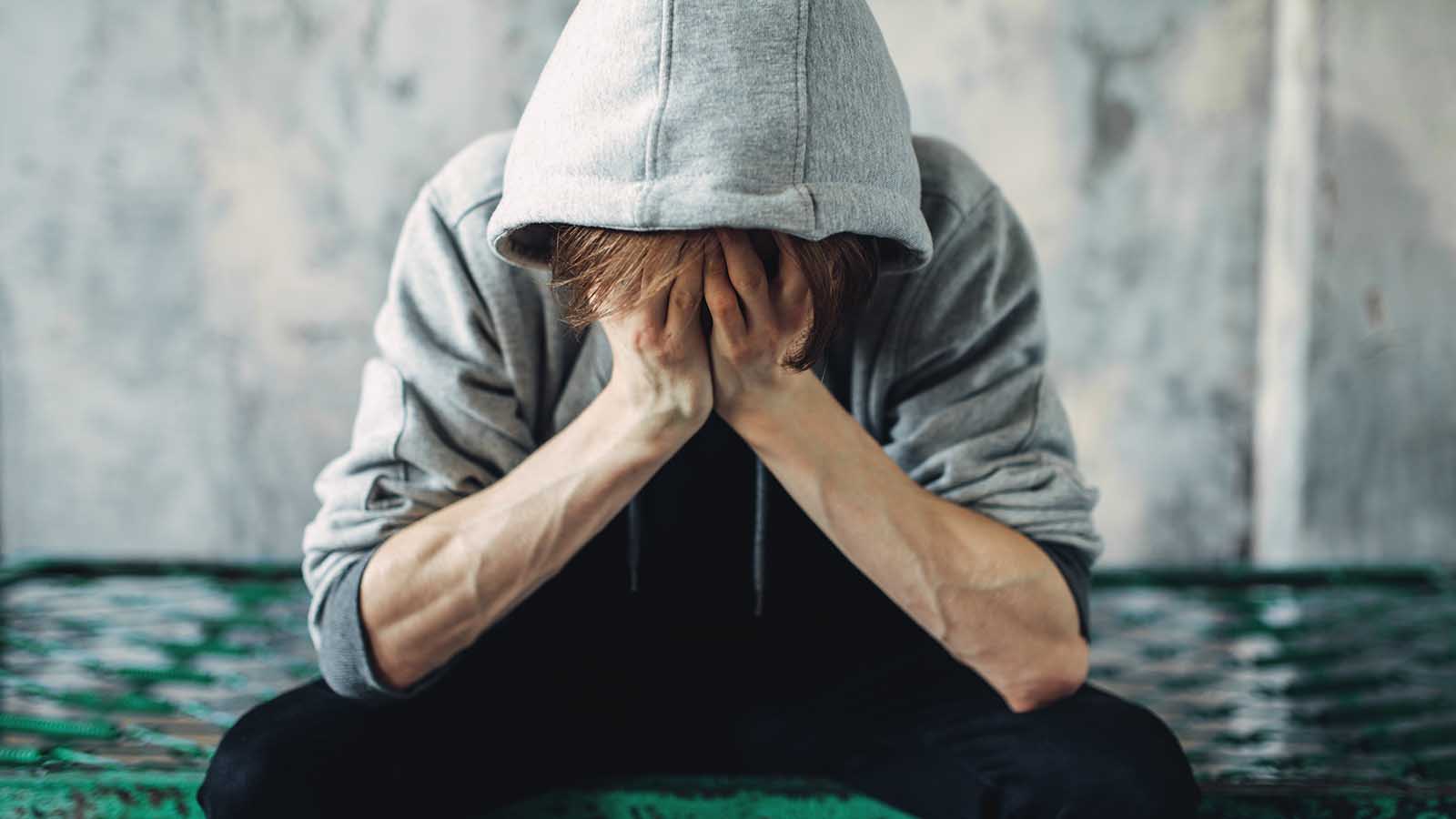
What Are Benzos?
The term “benzos” is a shortened name for benzodiazepines, a type of central nervous system depressant. Benzodiazepines are prescribed to treat conditions like alcohol withdrawal, anxiety, panic disorder, and seizures. While many people who take benzodiazepines use them for medical reasons, some individuals illegally purchase and abuse this type of drug. Some examples of benzos include Xanax, Ativan, Klonopin, Librium, and Valium.
Most benzodiazepines work by attaching to certain brain receptors that reduce sensitivity to stimulation, leading to a calming or relaxing effect. But like all other prescription medications and other kinds of drugs, benzodiazepines come with risks and potential side effects.
Some side effects of benzodiazepine use include:
- Lightheadedness
- Confusion
- Drowsiness
- Memory impairment
- Sedation
- Nausea
- Vomiting
- Constipation
- Weight gain
- Dry mouth
- Improper balance
- Appetite changes
- Reduced libido
- Jaundice
While the side effects above may be uncomfortable, they are typically not dangerous and can be treated at home.
In rare cases, benzodiazepine use can produce symptoms that are dangerous and potentially life-threatening. The following side effects require urgent medical attention:
- Slow heart rate
- Seizures
- Low blood pressure
- Fainting
- Increased heart rate
In addition to the risk of side effects, benzodiazepine abuse can lead to dependence. When someone becomes addicted to benzos, they may experience withdrawal symptoms after they stop taking them.
Withdrawal From Benzodiazepines
If someone takes benzos for a long period, they may build a tolerance to them. As someone builds a higher tolerance, they will require more of the medication to feel the same effect. When a person suddenly stops taking benzodiazepines, they will begin to go through withdrawal. Withdrawal symptoms are possible regardless of whether someone uses benzos illegally or according to prescription.
Signs of withdrawal may begin anywhere from 8 to 24 hours after someone stops using the drug, depending on how often they use it.
Common withdrawal symptoms include:
- Sleep disturbances
- Difficulty concentrating
- Panic attacks
- Cravings
- Hand tremors
- Muscular discomfort
- Excessive sweating
- Heart palpitations
- Headaches.
The most severe side effects of withdrawal are seizures, hallucinations, psychosis, and suicidal ideation. While withdrawal can be dangerous, it can be navigated safely and effectively with the right care.
At-Home Benzo Detox: Is It Safe?
Detoxing from benzodiazepines carries risks and side effects, so it is generally safer to detox in a medical setting under the care and supervision of trained professionals. Medically supervised detox can reduce the discomfort of withdrawal and ensure a person’s safety as they begin their recovery journey. After detox, patients can transition directly to rehab for addiction treatment, which is an essential part of long-term sobriety and recovery.
Treatment For Benzo Dependence & Abuse
When a person goes through detox in a medical environment, their detox may be paired with residential or outpatient drug addiction treatment. Treatment plans may include a combination of medications, therapies, and other types of support.
To learn more about withdrawal and detox from benzodiazepines, contact our team of substance abuse treatment specialists by giving us a call at 866-604-7056.
Sources
https://www.drugs.com/drug-class/benzodiazepines.html
https://www.verywellmind.com/benzodiazepine-withdrawal-4588452
https://www.addictioncenter.com/benzodiazepines/benzodiazepine-withdrawal-and-detox/
Explore this article:
Explore Our Facilities
Drug and alcohol detox and residential treatment for addiction and mental health disorders
Outpatient treatment center for substance use disorder and mental health disorders
Outpatient treatment center for substance use disorder and co-occurring mental health disorders







